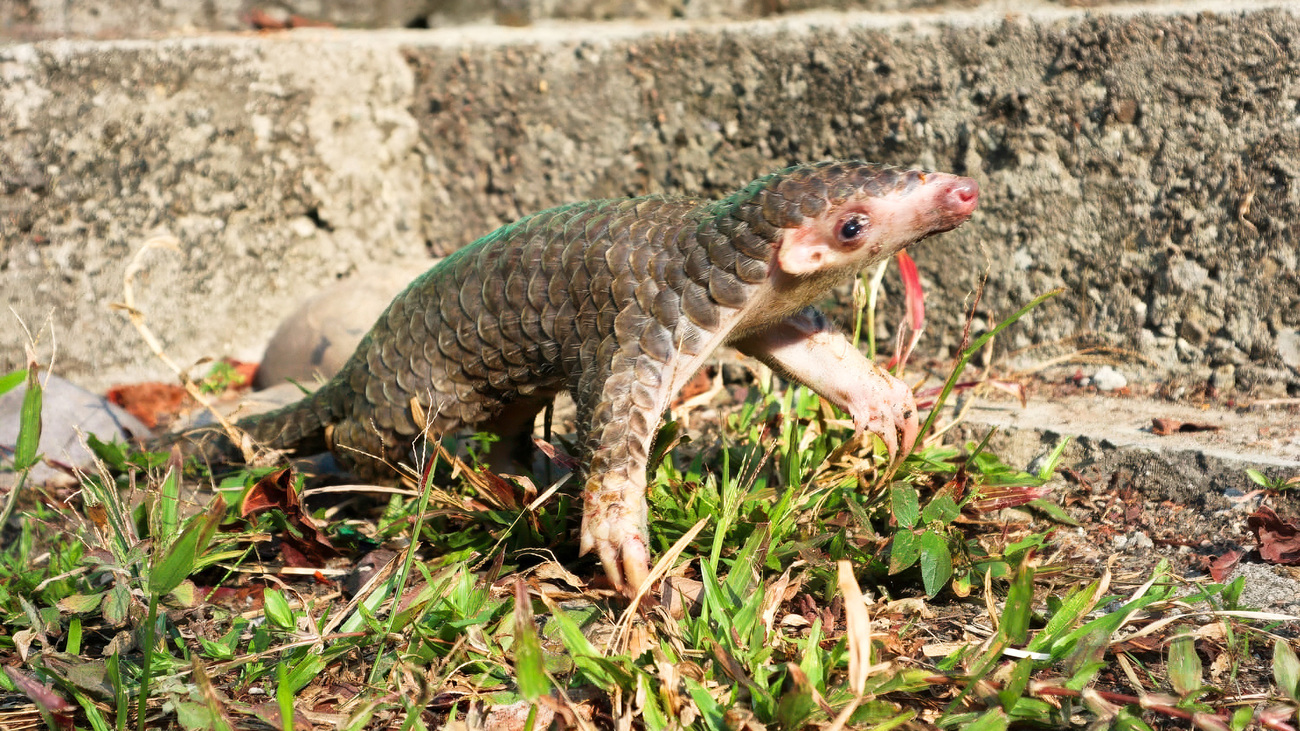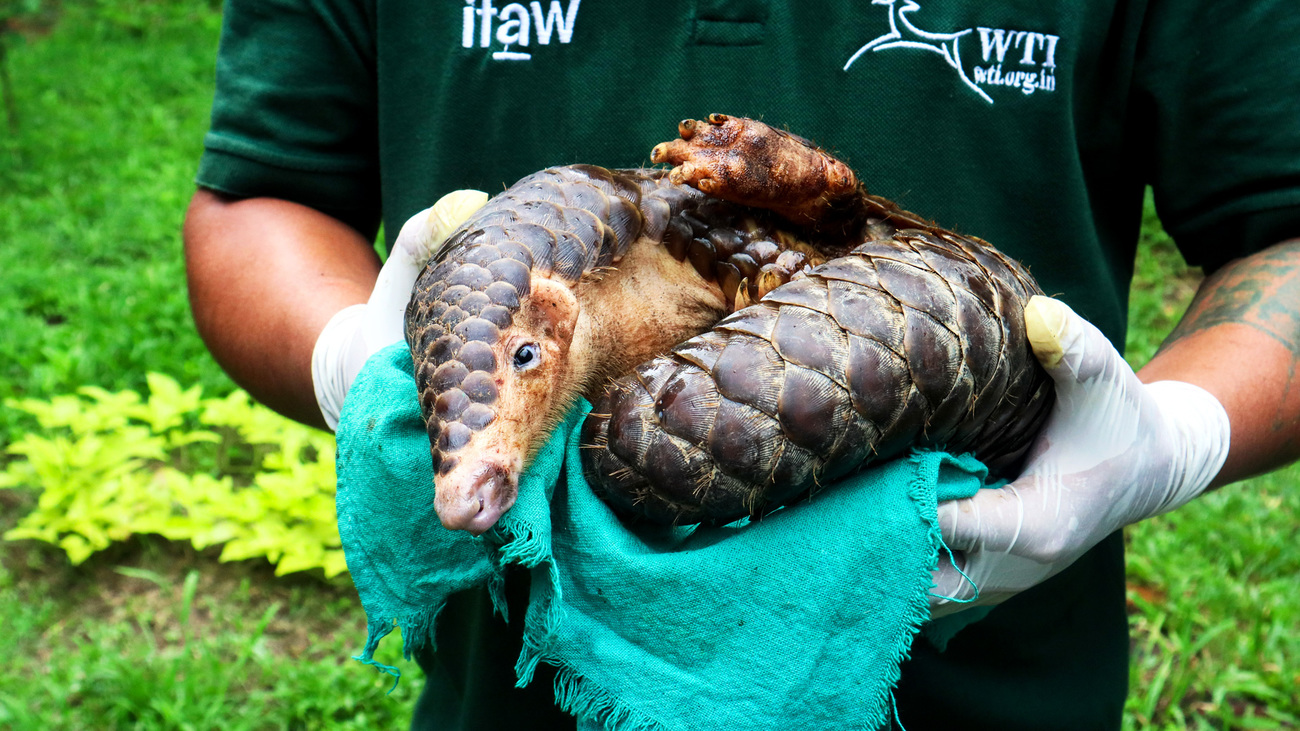Pangolins could gain protection under the Endangered Species Act—how you can help
Pangolins could gain protection under the Endangered Species Act—how you can help
You might have never seen one, but due to high demand for their scales, claws, and meat, pangolins are some of the most sought-after animals in the world. Between 2000 and 2019, the equivalent of more than 895,000 pangolins were trafficked globally.
This illegal trade doesn’t just harm individual pangolins—it wreaks havoc on entire ecosystems, as pangolins act as gardeners when they forage for meals of ants and termites. They burrow into the ground, aerating the soil and cycling nutrients, while keeping insect populations in control—they are vital protectors of forests and other plant life.
A chance to stop extinction
Fortunately, there’s a new light of hope for pangolins shining against this dark, dangerous backdrop—this week, the U.S. Fish and Wildlife Service (USFWS) has taken one step closer to recognising all pangolin species under the Endangered Species Act (ESA). This decision could be a huge win for wildlife—it will reinforce the international commercial trade ban for US imports and prohibit interstate sale of live pangolins and their body parts. This decision would also help heighten global awareness about pangolins’ plight and how important they are to our planet.

A decade of advocacy
Getting pangolins protected under the ESA has been a goal of IFAW for 10 years. In June 2015, we helped organise and facilitate the first-ever Pangolin Range State Meeting in Da Nang, Vietnam. The same year, we co-authored a petition to the US government to include all eight species under the ESA.
Thanks to our leadership of a coalition of scientists, experts, and like-minded conservationists, all eight pangolin species received full protections from the Parties to the Convention on International Trade in Endangered Species of Wild Fauna and Flora (CITES) in 2016. But around the world, lack of enforcement and light penalties have enabled continued poaching and smuggling.

It’s not over yet.
Pangolins need your voice
Although the U.S. Fish and Wildlife Service (USFWS) has issued a positive finding regarding our 2015 petition, this does not yet mean that pangolins are legally protected.
You can take action and urge the U.S. government to protect pangolins. Be a voice for nature by showing your support. Let’s ensure these animals receive the protection they deserve.
With the global community of animal lovers working together to protect these vulnerable species, pangolins have hope for a better future.
Related content
Our work can’t get done without you. Please give what you can to help animals thrive.